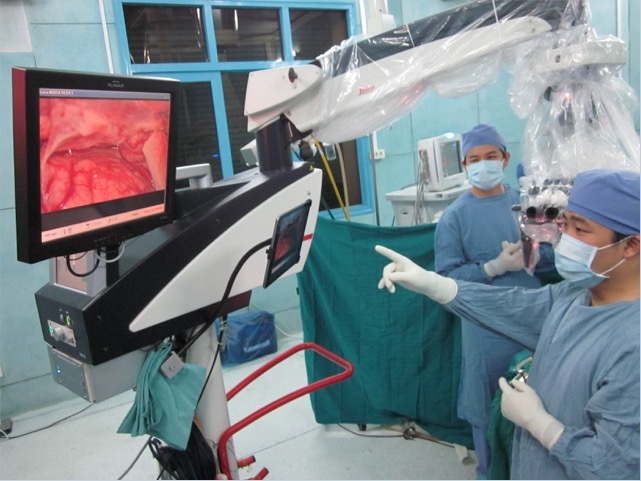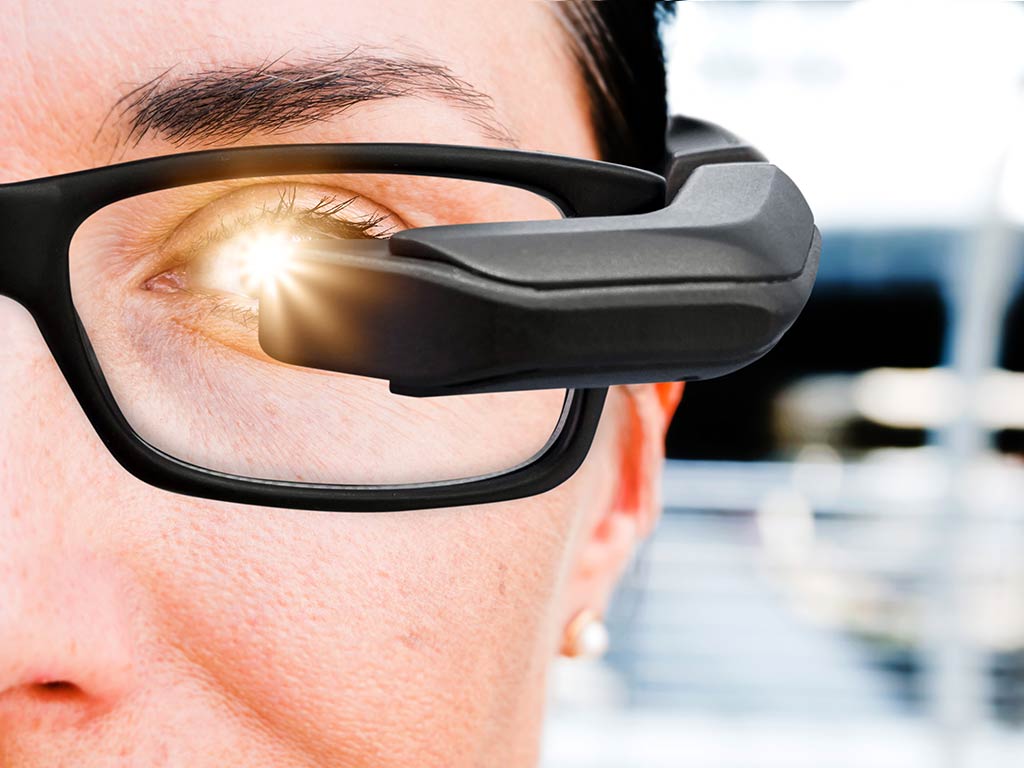Location information
Hospital address
University of Colorado Hospital 12605 E 16th Ave Aurora Colorado 80045 United States of America
Hospital type
University-affiliated
Hospital description
Third-Level Hospital (Referral)
Hospital website
https://www.uchealth.org/locations/uchealth-university-of-colorado-hospital-uch/
This is a teaching hospital
Description
I am a US-trained general surgeon with fellowship training in burn surgery and surgical critical care. My specific surgical interests include acute burn care and burn reconstruction, soft tissue defects, acute care general surgery and minimally invasive surgery for trauma patients. My training in burns and critical care allows me to provide comprehensive holistic care for burn patients from their initial injury all the way through their scar management and reconstruction.
As a professor at the University of Colorado School of Medicine I have the opportunity to interact with students in the burn center and in the classroom. I enjoy teaching students and surgery residents the nuance of caring for complex wounds and managing critically ill surgical patients.
I have been interested in global health since my first trip abroad to Uganda for medical work in 2008. My areas of focus in global surgery are primarily on acute burn care including both surgical and medical management. I am currently collaborating with a non-profit in Uganda and a non-governmental hospital in Rwanda to improve burn care in East Africa.
Member information
Name
Cameron Gibson
Member type
Clinical department with teaching programme
Specialty
General Surgeon
Subspecialties
- Burns
- Gastrointestinal
- Trauma and critical Care
Languages spoken
- English
Professional affiliations / memberships
- American Burn Association (ABA)
- International Society of Burn Injuries (ISBI)
Social profiles
Current and past partnerships
Has current partners or past partnership experience in these countries
- Rwanda
- Uganda
Visited Kibogora Hospital in the Western Province of Rwanda. Collaborate with Dr. Bernard Omutoniwanse, Director General of the hospital, to improve burn care at Kibogora Hospital.
Volunteer with Musana Community Development Organization in Iganga, Uganda. Provide surgical training in both general surgery and burn surgery for the local staff at Musana Community Health Center.
Conditions treated
- Burns
- Acute burn care
- Post-burn reconstruction
- Inhalation injury
- Gastrointestinal
- Volvulus
- Bowel Obstruction (parasitic, adhesive, mass)
- Diverticular disease
- Appendicitis
- Stomas – colostomies / ileostomies
- Trauma and Critical Care
- Ventilator management
- Total parenteral nutrition management
- Pressor management
Equipment used
- Minimally invasive surgery (MIS)
- Harmonic scalpel
- Wound protectors
- End-to-end anastomosis (EEA) circular stapler
- Temporary abdominal wound closure
- Dermatome
- Mesher
- CT
- Ultrasound
- Focused Assessment with Sonography for Trauma (FAST)
- Central venous catheters
- Mechanical ventilators
- Total parental nutrition (TPN)




